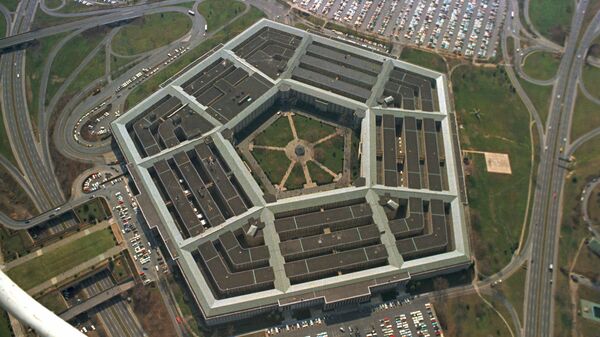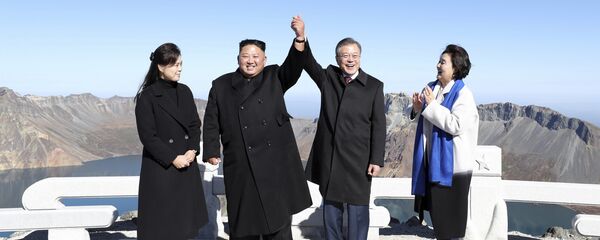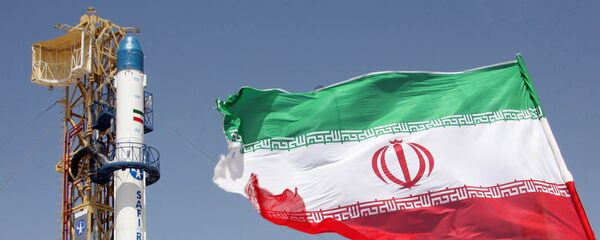"While we are forging a new path to peace on the Korean Peninsula, North Korea’s missiles remain a significant concern, so do Iran’s," Shanahan said during his address at the Pentagon.
Under Secretary of Defense for Policy John Rood told reporters on Thursday that as North Korea produces additional systems and they grow in sophistication, the United States response must be robust and effective.
"North Korea has a long range missile capability that’s capable of reaching the United States," Rood said. "The sizing construct for the size of our missile defense force will be sufficient to outpace the scale of the North Korean threat."
READ MORE: Trump Says US ‘In No Hurry’ in Negotiations With North Korea
Earlier on Thursday, the Trump administration rolled out the 2019 Missile Defense Review — a new strategy intended to set the path to strengthen the United States' missile defense capabilities and make the case for urgent investment in new ones.
READ MORE: New US Missile Defence Strategy to Include 20 New Interceptors in Alaska — Trump
The new US Missile Defense Review also suggested that Pyongyang has allegedly obtained Russian missile defense technology and has begun developing mobile missile defense capabilities that resemble those of Russia.
The Yomiuri Shimbun newspaper reported Sunday, citing sources, that North Korean military tested in December telemetry equipment used for tracking launched intercontinental ballistic missiles (ICBM) despite Pyongyang's claims that the country has suspended missile-related tests.
According to the sources, North Korea tested radio wave detectors that are installed in ballistic missiles to allow the military to track the missiles' speed, location and trajectory, the outlet reported, noting that such tests had often preceded Pyongyang's ICBM launches.
Meanwhile, the successful launch of Iran's Simorgh Satellite in July 2017 has marked a significant progress in Tehran's space program. Last week, Iranian President Hassan Rouhani said that Tehran would continue launching orbital vehicles in the near future. Rouhani’s statement came amid rising concerns among certain countries that Iran's rocket launches use ICBM technology.
Moreover, the newly released US Missile Defense Review also notes that Iran’s continued advancements in the area of missile technologies poses a threat to the United States as the Middle Eastern country could seek to field an operational ICBM.
READ MORE: Iran to Soon Propel Two Satellites Amid US Sanctions Threats — President
On Tuesday, US Secretary of State Mike Pompeo said that Iran would face additional economic and diplomatic consequences if it carried out the other scheduled space launches in the coming months. In turn, Iranian Foreign Minister Mohammad Javad Zarif has stressed that country's rocket launches do not violate UN Security Council Resolution 2231.
UN Security Council Resolution 2231 deals almost exclusively with Iran’s effort to make nuclear weapons with barely a mention of missiles.



